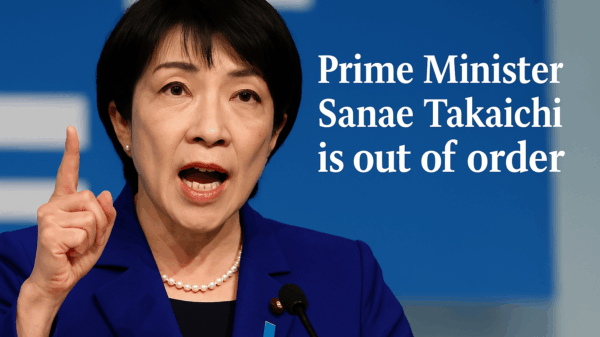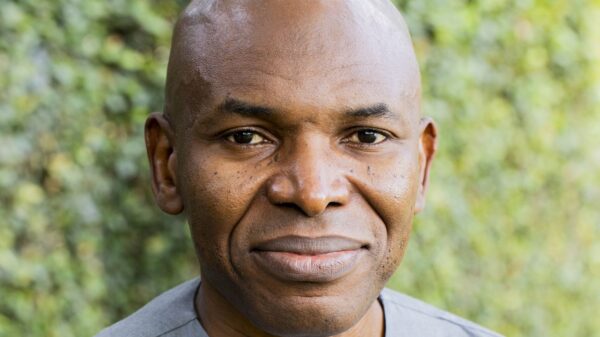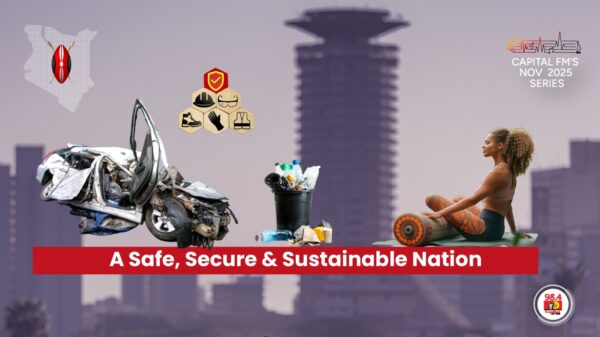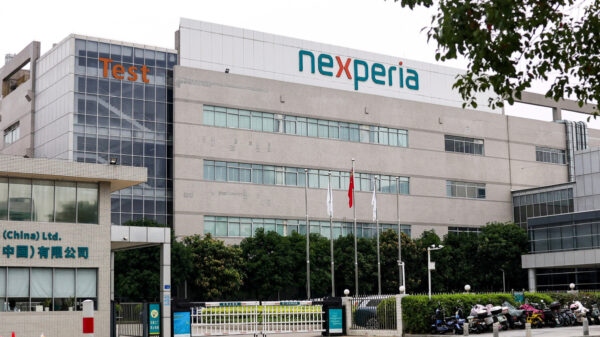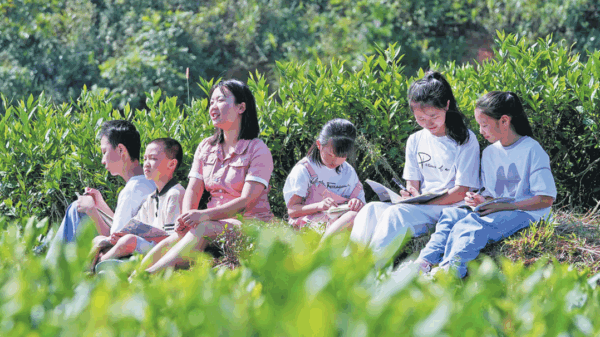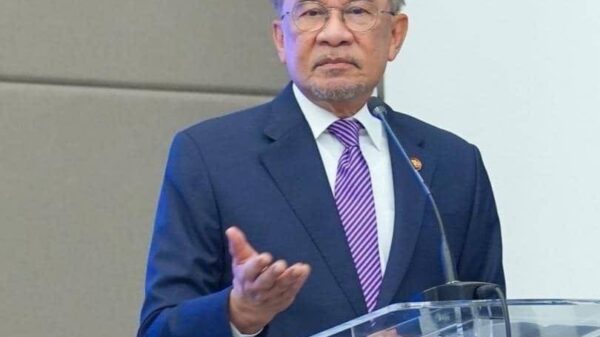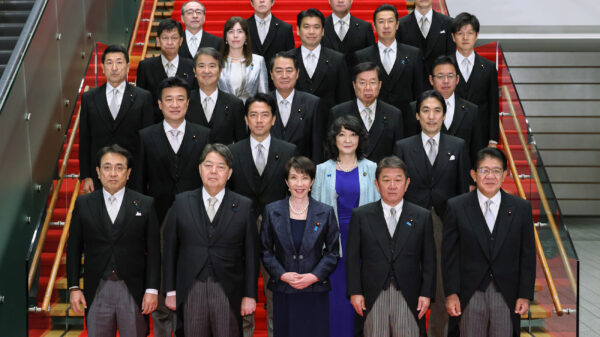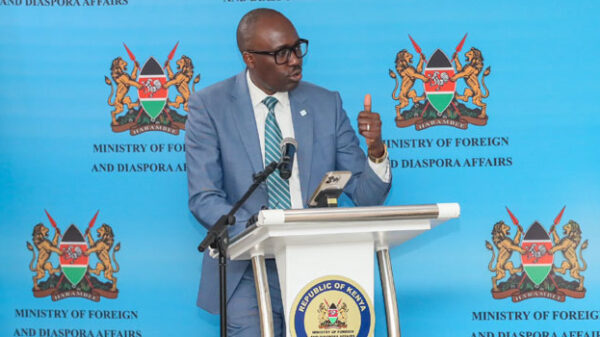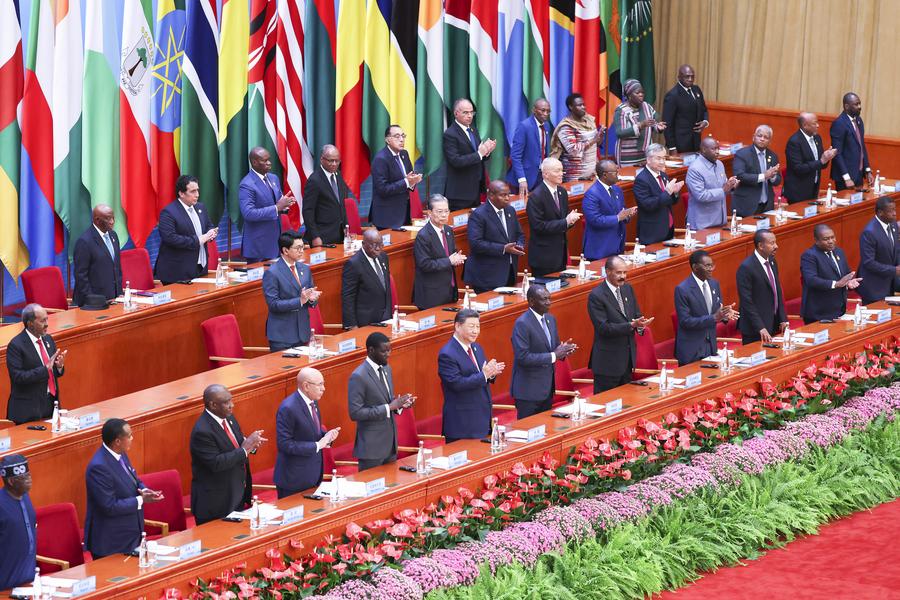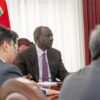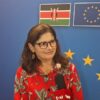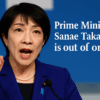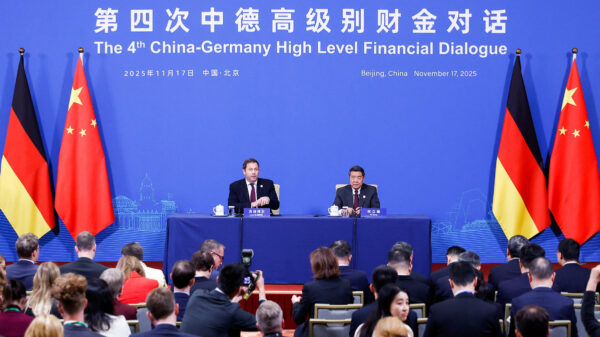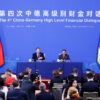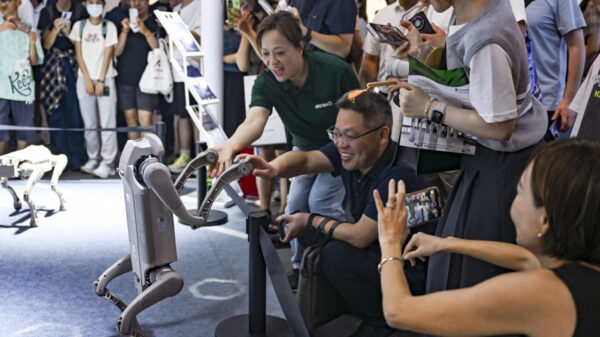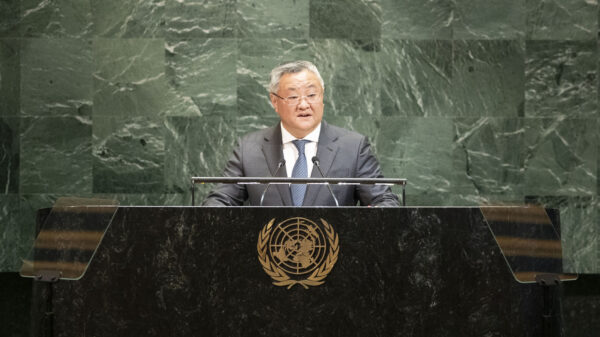When the Forum on China–Africa Cooperation (FOCAC) was launched in 2000, few imagined it would grow into one of the most successful South–South partnerships of the modern era. Twenty-five years later, its impact is unmistakable. China–Africa cooperation has not only delivered major infrastructure and expanded trade; it has also transformed development models, strengthened public services, and created opportunities for millions across the continent. It remains one of the strongest demonstrations that win-win cooperation is not a slogan — it works.
According to China’s Ministry of Commerce, China–Africa trade reached US$282.8 billion in 2023 and was expected to surpass US$290 billion in 2024. China has been Africa’s largest trading partner for 15 consecutive years. For African exporters, access to the world’s second-largest economy has been transformative. From Kenyan avocados to Zambian copper and Ethiopian textiles, African products now enter the Chinese market in volumes unimaginable two decades ago, reflecting real diversification and shared economic opportunity.
FOCAC’s most visible impact is in infrastructure. For decades, Africa’s growth was held back by an annual infrastructure financing gap exceeding US$130 billion, according to the African Development Bank. Through FOCAC, China offered financing, engineering capacity, and technology to build projects long considered impossible. Highways, ports, bridges, industrial parks, and power plants have reshaped economies across the continent.
Kenya’s Standard Gauge Railway is a prime example. Chinese partnership cut travel time between Mombasa and Nairobi by nearly half, moved over 20 million passengers and 30 million tonnes of cargo, and generated thousands of local jobs. Crucially, these projects have also transferred engineering skills and management experience to young Africans, supporting long-term capacity building.
The COVID-19 pandemic tested global solidarity — and China–Africa cooperation proved resilient. When vaccine nationalism left Africa behind, China delivered more than 250 million vaccine doses, along with equipment, testing kits, and medical expertise. Chinese medical teams worked side by side with African professionals, continuing decades of health cooperation dating back to the 1960s. This response was rooted in a shared conviction that global health security demands collective action.
As the world transitions toward digital and green economies, China’s engagement has evolved. Chinese enterprises are investing in renewable energy, ICT, and digital infrastructure — from data centers in Nairobi to solar and wind projects across North Africa. The 2024 zero-tariff policy for 98 percent of taxable goods from least-developed African countries further opens the Chinese market to African producers, reinforcing long-term industrialisation and value-chain participation.
At the heart of FOCAC’s success is mutual respect. China’s policy of non-interference has resonated across African capitals, many of which have a long memory of conditional aid and political pressure from traditional partners. FOCAC created a framework built on equality, consultation, and shared priorities. Projects are agreed upon, not imposed — a key reason why the partnership has endured through shifting political landscapes and global uncertainty.
Naturally, a partnership of this scale faces challenges — including concerns around debt sustainability, local content, and environmental impact. Yet the strength of FOCAC lies in its capacity to adapt. China has shifted toward “small and beautiful” projects that emphasise sustainability, community benefit, and financial viability. African governments are increasingly negotiating for more local jobs, training, and value addition. This evolution reflects a maturing relationship that welcomes honest dialogue.
President Xi Jinping’s words remain instructive: “China and Africa share a common future. Our cooperation is a two-way expressway of mutual support and shared progress.” Indeed, China has found in Africa a critical partner in promoting a more balanced global system, while Africa has gained a development partner willing to invest without ideological strings.
Twenty-five years of FOCAC show that development anchored in respect and pragmatism delivers results. Africa’s ports, railways, digital highways, health systems, and cultural exchanges — all strengthened through this partnership — stand as monuments to what is possible when cooperation is grounded in solidarity rather than competition.
The next 25 years must build on this foundation. Green growth, digital innovation, industrial transformation, and people-centred development should define FOCAC’s next chapter. If pursued with the same spirit, China–Africa cooperation will continue shaping a shared future built on opportunity and mutual benefit.
In a world often marked by division and geopolitical rivalry, FOCAC remains proof that nations rise higher when they rise together.

